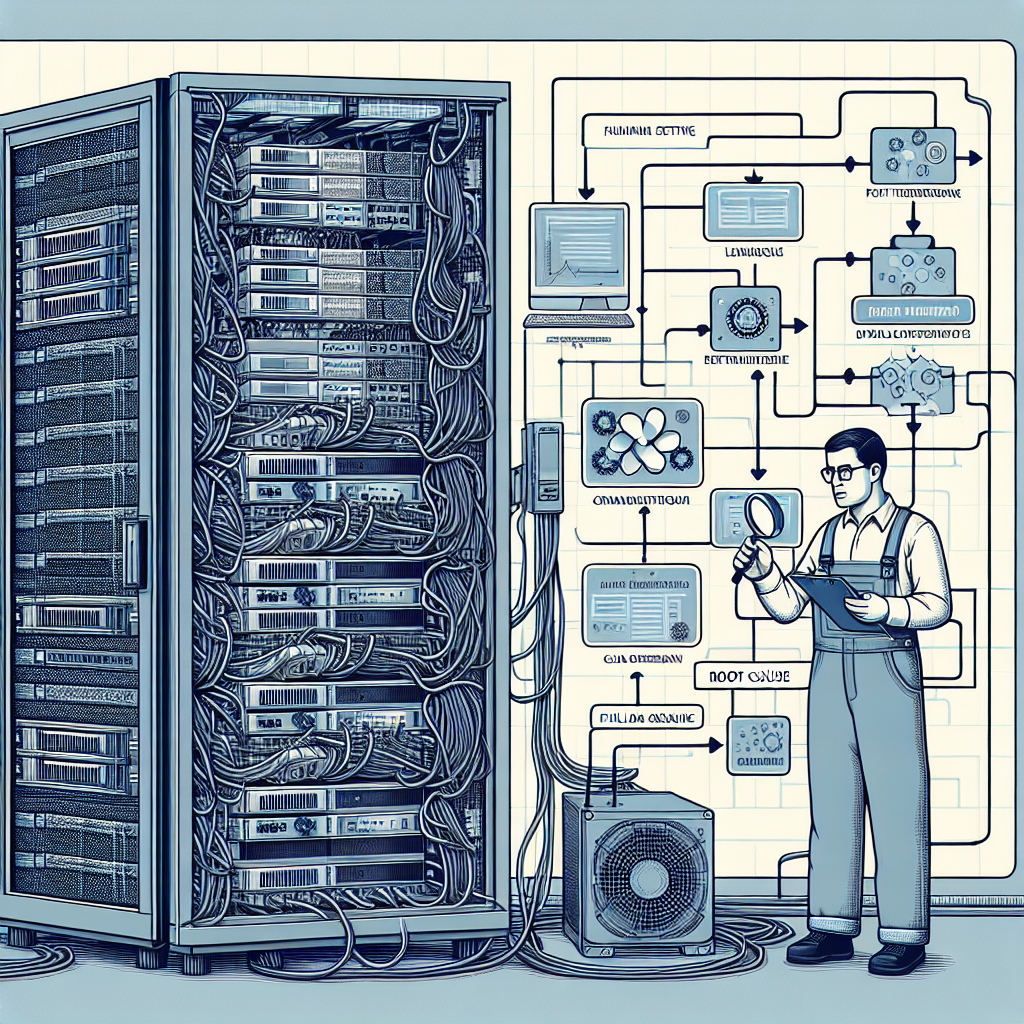Data centers are the backbone of modern technology, powering everything from online shopping to social media platforms. However, despite their critical importance, data centers are not immune to failures. These failures can have serious consequences, leading to downtime, data loss, and potentially even financial losses for businesses.
One of the key steps in preventing data center failures is conducting root cause analysis. By identifying the underlying cause of a failure, data center operators can take steps to address the issue and prevent it from happening again in the future. In this article, we will demystify data center failures and explore the importance of root cause analysis in preventing them.
Data center failures can occur for a variety of reasons, including hardware malfunctions, software errors, power outages, and human error. These failures can have a wide range of consequences, from temporary disruptions in service to permanent data loss. In order to effectively address these issues, data center operators must first understand the root cause of the failure.
Root cause analysis is a systematic process for identifying the underlying cause of a failure. This process involves gathering data, analyzing the information, and identifying the root cause of the problem. By understanding the root cause of a failure, data center operators can take steps to address the issue and prevent it from happening again in the future.
There are several benefits to conducting root cause analysis in data center operations. First and foremost, root cause analysis helps to prevent future failures by addressing the underlying issues that led to the failure in the first place. By identifying the root cause of a failure, data center operators can implement measures to prevent similar issues from occurring in the future.
Additionally, root cause analysis can help to improve the overall efficiency and reliability of a data center. By identifying and addressing the root causes of failures, data center operators can make changes to their systems and processes to prevent similar issues from occurring in the future. This can help to minimize downtime, reduce the risk of data loss, and improve the overall performance of the data center.
In conclusion, data center failures can have serious consequences, but they can be prevented through effective root cause analysis. By identifying the underlying causes of failures, data center operators can take steps to address the issues and prevent them from happening again in the future. Root cause analysis is a critical tool for improving the efficiency and reliability of data center operations, and should be a key component of any data center management strategy.


Leave a Reply